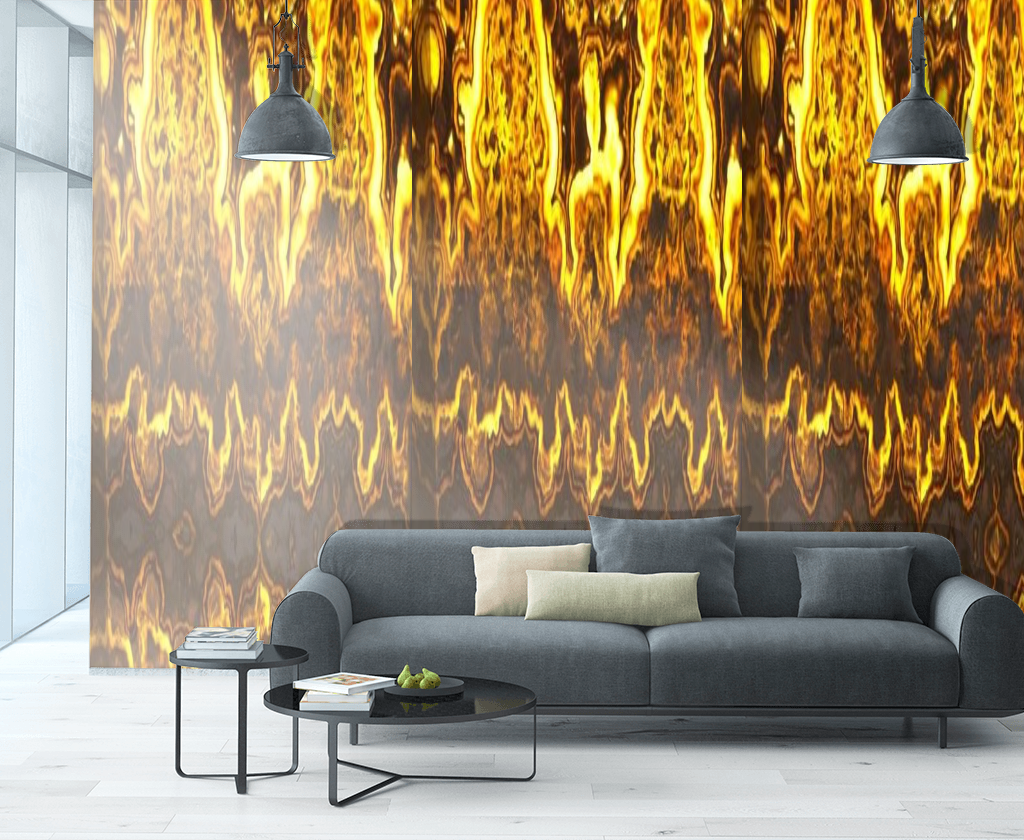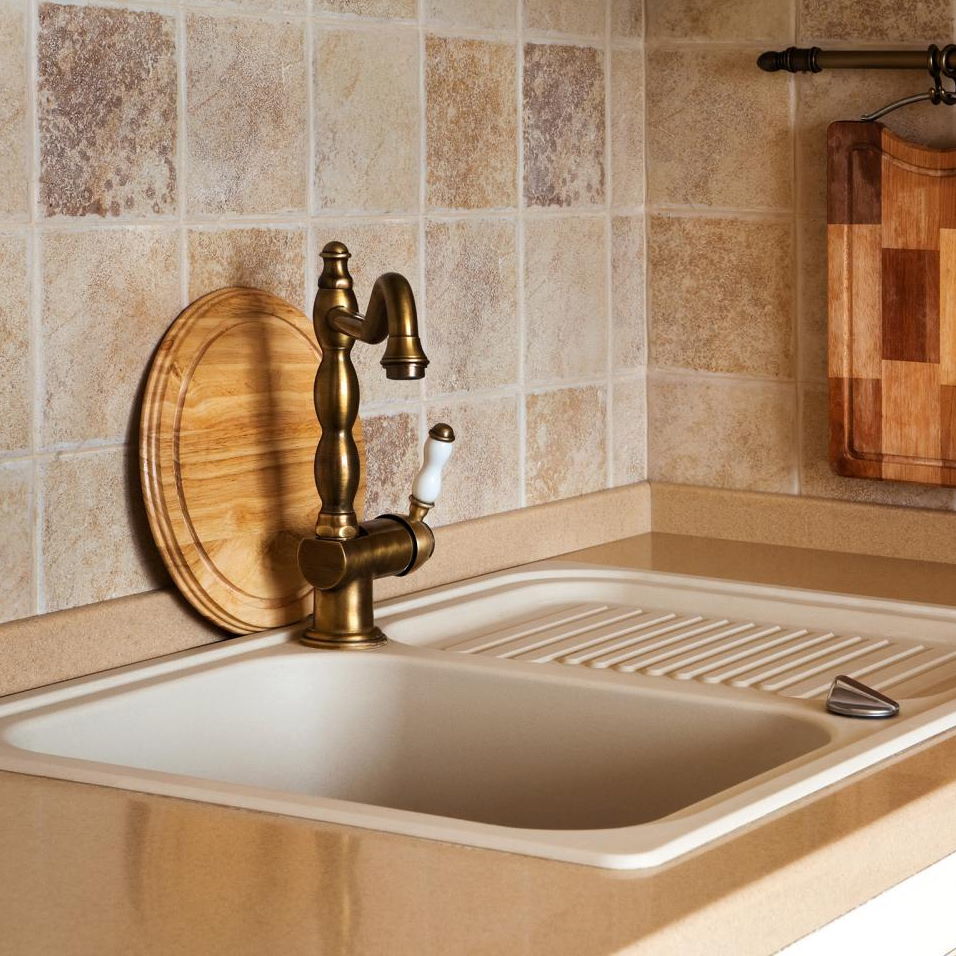Products
a look into our stones
Onyx
Is a natural stone with a rich and natural appearance; is very popular with homeowners who are looking for a material similar to marble. The unique material’s rich, parallel layers and contrasting colors have been formed over thousands of years.
Specifications
- One of the most decorative stones
- Back light used for aesthetic purposes
- Mainly used for design and decoration
- Mainly used for design and decoration
- Incredibly long-lasting
- Wide range of colours, tones & designs
- Light weight compared to Granite & Marble
- Stone material is translucent
Quartzite
Quartz countertops are highly durable and strong. Due to its non-porous quality, it is stain resistant. Maintenance of this material is quite simple. It can come in many styles making it quite customizable. Due to their nature, Quartz countertops come with reduced imperfections.
specifications
- One of the strongest stones in the world
- Resistant to scratches
- Non-porous
- Can be used outdoors
- Durable in cold and frosty conditions
- Suitable for areas that are in constant touch with water
- Almost zero fat, oil and water absorption
- Coffee stain can be removed with ease
marble
Marble is a metamorphic rock which is well-known for its beauty and high prices. However, some people still choose to use it in their kitchen countertops. It is a beautiful countertop material that homeowners choose to use in their kitchens.
Crystallization is achieved by spraying a liquid onto marble floors and then buffing it with steel wool using a standard speed machine. Steel wool creates heat by abrasion, and chemical reacts with marble to form a new compound.
specifications
- One of the strongest stones in the world
- Resistant to scratches
- Non-porous
- Can be used outdoors
- Durable in cold and frosty conditions
- Suitable for areas that are in constant touch with water
- Almost zero fat, oil and water absorption
- Coffee stain can be removed with ease
granite
Granites are scratch-resistant and due to their durability, they are chip-proof. This particular stone is highly affordable. They can stand heat, stain, and moisture. Granite adds value to kitchens and each piece is unique.
specifications
- A highly durable stone
- Resistant to scratches and chips
- Almost no water absorption
- Can be used outdoors
- Can be used outdoors
- Can withstand cold and frost
- Suitable for areas that are in constant touch with water
- Almost zero fat, oil and water absorption
- Coffee stain can be removed with ease
travertine
Travertine is a form of limestone made from mineral deposits from natural springs. Calcite is a sedimentary rock that forms from rapid precipitation of calcium carbonate. Travertine’s unique character is created when other minerals are mixed with the calcium carbonate.
Specifications
- Resistant to impact and wear
- Popular building material for centuries
- Comes in a variety of colours and patterns
- Due to air pockets it can resist heat and pressure
- Can be easily cut into shapes
- Attractive earth-tone colours
PORCELAIN
PGVT (Polished Glazed Vitrified Tiles)
porcelain is a type of ceramic tile that has a polished surface and a vitrified body. Vitrification is a process that involves melting and fusing clay and other raw materials at high temperatures to form a dense, non-porous material.
PGVT porcelain tiles are created by applying a layer of liquid glass to the surface of the tile and then firing it at a high temperature. This creates a hard, glossy surface that is resistant to stains, scratches, and wear.
specifications
- Flooring: in homes, offices, shopping malls, hotels, and other commercial buildings. They are durable, scratch-resistant, and easy to clean.
- Walls: to create a modern and sophisticated look also in bathrooms, kitchens, and other areas that require water resistance.
- Countertops: in kitchens, bathrooms as a vanity. They are resistant to scratches, stains, and heat.
- Outdoor spaces: due to their durability and resistance to weather conditions they can be used as patios, balconies, and walkways.
- Cladding: on the exterior of buildings. They are resistant to fading, weathering, and other environmental factors.
PORCELAIN
PGVT (Polished Glazed Vitrified Tiles)
porcelain is a type of ceramic tile that has a polished surface and a vitrified body. Vitrification is a process that involves melting and fusing clay and other raw materials at high temperatures to form a dense, non-porous material.
PGVT porcelain tiles are created by applying a layer of liquid glass to the surface of the tile and then firing it at a high temperature. This creates a hard, glossy surface that is resistant to stains, scratches, and wear.
PGVT porcelain tiles are popular in residential and commercial settings due to their durability, low maintenance, and aesthetic appeal. They are available in a wide range of colors, patterns, and finishes, and can be used for flooring, walls, and other interior and exterior applications
QUARTZ
Man-made or engineered quartz is made by combining crushed quartz crystals with a resin binder and other additives such as pigments, glass chips, and other minerals. The mixture is then compacted and heated in a specialized manufacturing process that produces a hard, durable, and non-porous material.
Specifications
- Engineered quartz can be made in a wide range of colors and patterns, and it is highly resistant to scratches, stains, and heat.
- It is commonly used for :
- countertops, backsplashes, and other surfaces in kitchens and bathrooms, as well as in commercial settings such as hotels and restaurants.






